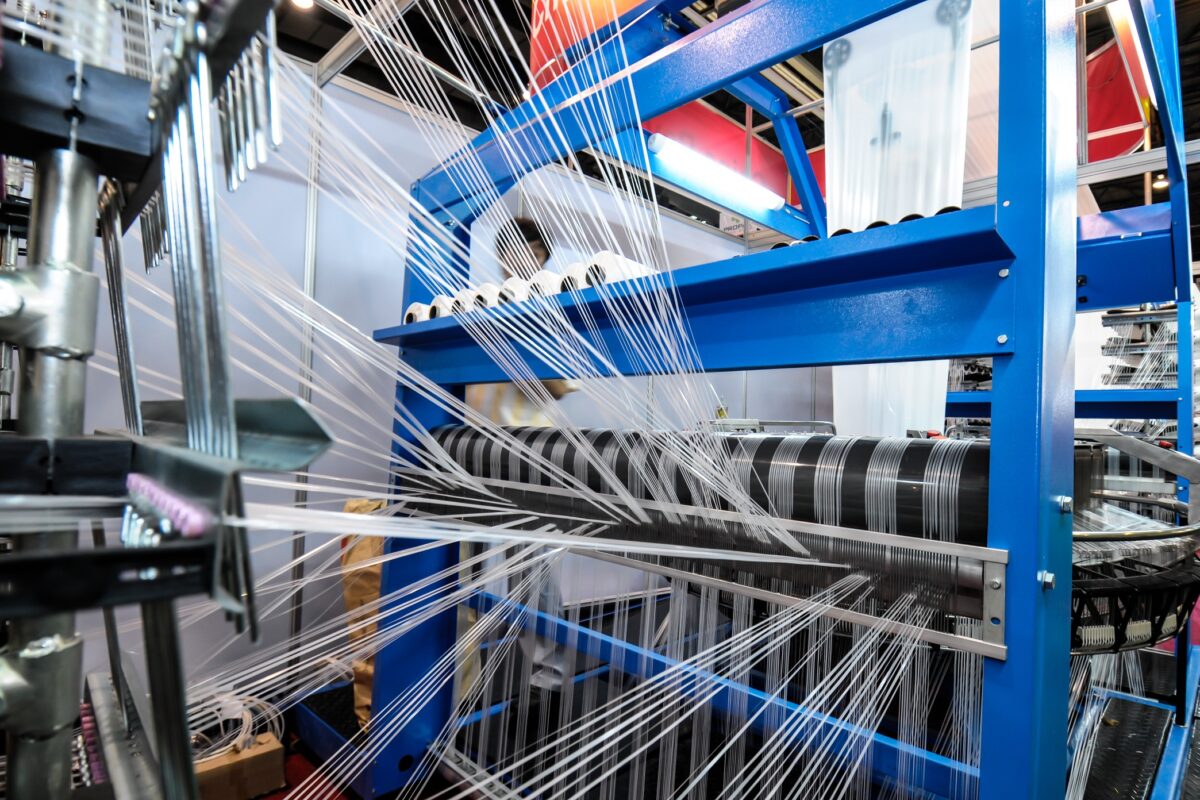Recycled denim yarn is more than an environmental solution – it’s a powerful catalyst for economic transformation and social empowerment. Beyond reducing waste and conserving resources, this innovative approach to textile production is reshaping economies, creating opportunities, and driving meaningful social change.
Economic Regeneration through Textile Recycling
Job Creation and Economic Opportunities
The recycled denim yarn industry is generating a new ecosystem of economic opportunities:
Direct Employment
- Textile collection and sorting facilities
- Advanced recycling processing centers
- Specialized manufacturing units
- Research and development teams
Indirect Economic Benefits
- Supporting local recycling infrastructure
- Creating supply chain innovation
- Developing new skill sets and professional paths
- Stimulating local and regional economies
Breaking the Poverty Cycle: Empowerment through Recycling
Community Development Initiatives
Recycled denim yarn production has become a powerful tool for social transformation:
Skill Development Programs
- Training local communities in textile recycling
- Providing technical education
- Creating pathways for economic mobility
- Empowering marginalized workforce segments
Micro-entrepreneurship Opportunities
- Small-scale collection centers
- Local sorting and preprocessing units
- Community-driven recycling cooperatives
- Artisan-led upcycling initiatives
Global Economic Impact
Market Growth and Investment
- Market Projection: Global textile recycling expected to reach $8.25 billion by 2030
- Investment Attraction: Increasing venture capital interest
- Innovation Ecosystem: Driving technological advancements
- Sustainable Business Models: Creating new economic paradigms
Social Sustainability Beyond Economics
Addressing Global Challenges
Recycled denim yarn contributes to solving broader social issues:
Poverty Alleviation
- Creating economic opportunities in developing regions
- Providing stable income sources
- Supporting fair labor practices
- Reducing economic inequality
Education and Skill Transfer
- Developing technical skills
- Promoting sustainable practices
- Encouraging innovation
- Supporting lifelong learning
Case Studies: Transformative Impact
Urban Renewal Project
A collaborative initiative in Brazil transformed a struggling textile community by:
- Establishing a community-driven denim recycling center
- Training 150+ local workers
- Creating a sustainable economic model
- Reducing local unemployment by 40%
Women’s Empowerment Program
An Indian startup focused on:
- Training women in textile recycling
- Providing technological skills
- Creating financial independence
- Challenging traditional economic barriers
Challenges and Opportunities
Economic Barriers
- Initial infrastructure investment
- Technology adoption costs
- Market education
- Changing traditional manufacturing mindsets
Potential Solutions
- Government incentives
- Public-private partnerships
- Impact investing
- Collaborative innovation platforms
Future Economic Landscape
Projected Trends
- Increased circular economy adoption
- More integrated recycling systems
- Technology-driven innovation
- Global knowledge sharing
Consumer and Corporate Responsibility
Driving Economic Change
- Supporting recycled textile brands
- Demanding transparency
- Investing in sustainable solutions
- Encouraging corporate responsibility
Corporate Strategy
- Integrating recycled materials
- Developing sustainable supply chains
- Investing in research and development
- Creating long-term economic value
Our Commitment
At the intersection of innovation, sustainability, and social progress, we are committed to:
- Driving economic transformation
- Creating meaningful social impact
- Developing sustainable solutions
- Empowering communities
Recycling Denim, Rebuilding Economies
Recycled denim yarn represents more than a technological innovation – it’s a blueprint for a more inclusive, sustainable, and prosperous global economy.




